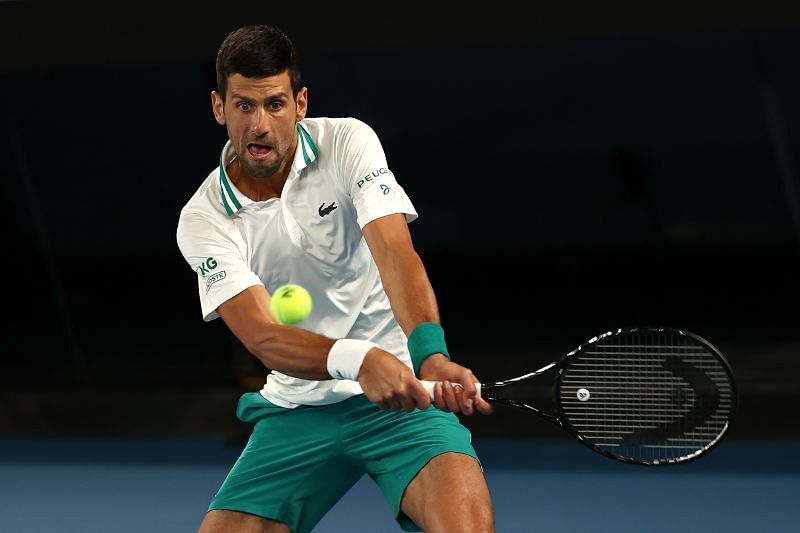
"The most rabid section of the Novak Djokovic fan base doesn't do him any favors in terms of popularity" - Ben Rothenberg
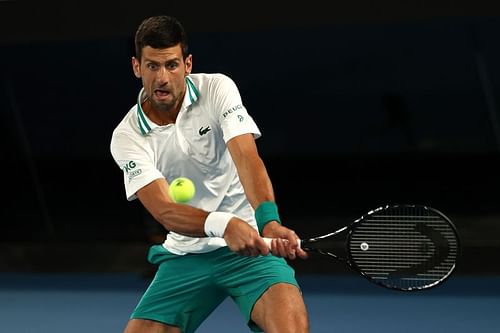
Ben Rothenberg is a name that needs no introduction in the tennis world. Over the past few years, the New York Times journalist has established himself as one of the foremost voices on all things tennis.
As is the norm with journalists, Rothenberg has also divided opinion time and again. Some believe he has his favorites, while others believe he is too harsh on players like Novak Djokovic.
More importantly, however, Rothenberg is often the voice of justice. He has recently been battling for the less-privileged, with a story that is threatening to shake the very pillars of the sport.
Now in an exclusive interview with Sportskeeda, Ben Rothenberg has spoken at length about some of his most-favored topics - the Big 3, best-of-3 vs best-of-5, and the Alexander Zverev-Olya Sharypova story.
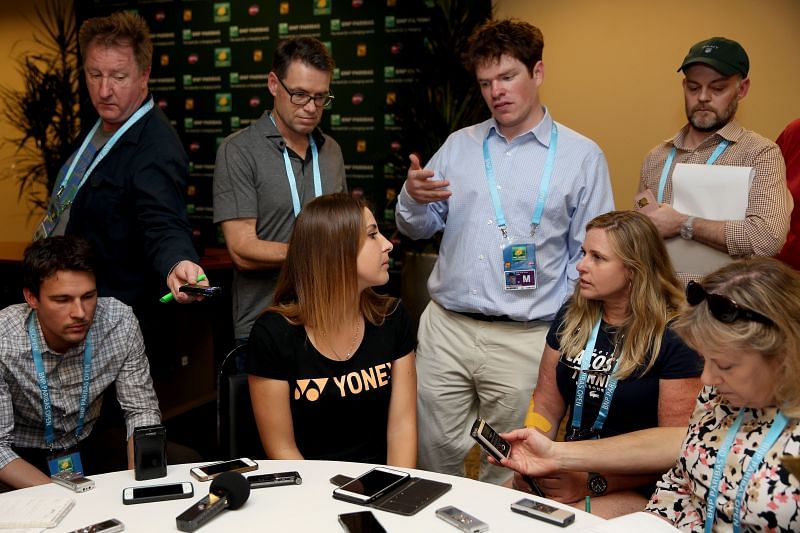
Here are the excerpts from the interview:
Q. We are big fans of your podcast (No Challenges Remaining). Do you have any elaborate plans or goals for it in the upcoming year?
Ben Rothenberg: I don't know if we have any elaborate plans. I think probably no is the answer, that there's nothing elaborate. I'm probably doing a lot of assistance at Slams again. And then hopefully try to get maybe a couple more players (interviews) during this quarantine. We'll see how that works. Yeah, I don't know how it's gonna work.
Q. After the Australian Open, there is a tournament every few days in February.
Ben Rothenberg: Exactly. Yeah. This felt like a great opportunity to get players while they were, while they were there (in quarantine). But then, what was happening with the backlash the players got for being seen as complaining about the quarantine, a lot of players were reluctant to do interviews because of that.
Q. Moving on to Novak Djokovic, do you think that there is any truth to the assertions of his fans that Western media is biased against the Serb? Or would you say the behavior of his fans on social media and elsewhere is a reason why he is not as loved as Rafael Nadal or Roger Federer?
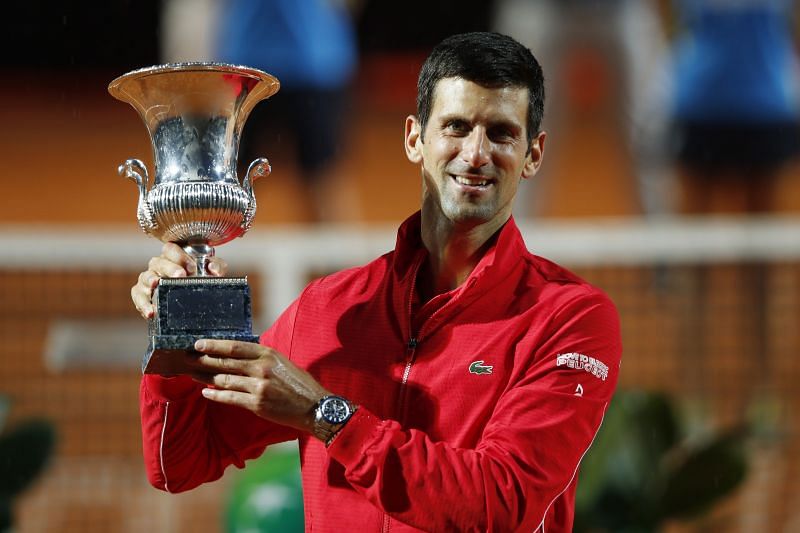
Ben Rothenberg: The most rabid section of the Novak Djokovic fan base, I don't think it does him any favors in terms of popularity, you can say that. Because they can be incredibly aggressive and off-putting, I guess, in a way that Djokovic himself really isn't.
I don't think that Djokovic wants or appreciates that sort of extreme behavior that you can see through some people on Twitter.
I would hope that they would sort of act more in their player's image because their player is always gracious and things like that. Every fan base has had some level of that which has been committed. The Djokovic fan base has been a more committed group of people who have that as a strategy and tactic.
As far as bias in the Western media, I think there's almost certainly some bias against Djokovic, which isn't fair. We probably see it particularly more in British media. But I'm not exactly sure where. And to your point also, I don't think that you know that the fan base really helps.
I don't think they're endearing in a way, and you know, as much as journalists, I'm sure are always trying to be objective, they're also human. And so if your, you know, inboxes are being flooded with the negativity associated with Djokovic all the time, it's not going to make you like the guy more.
I don't necessarily buy that Novak Djokovic has been in some sort of anti Serbia campaign. Because I would just say that, like there's been other Serbian players, and notably, you know, Jelena Jankovic, Ana Ivanovic - both were number one for the WTA, and I never saw them get any sort of negative coverage at any point. Those are pretty popular players, all of them. So I don't think there's really any proof or basis for saying that there is an anti-Serbia bias.
Q. Jim Courier recently said Novak Djokovic is unlucky to be there at the same time as Roger Federer and Rafael Nadal. Do you agree with that?
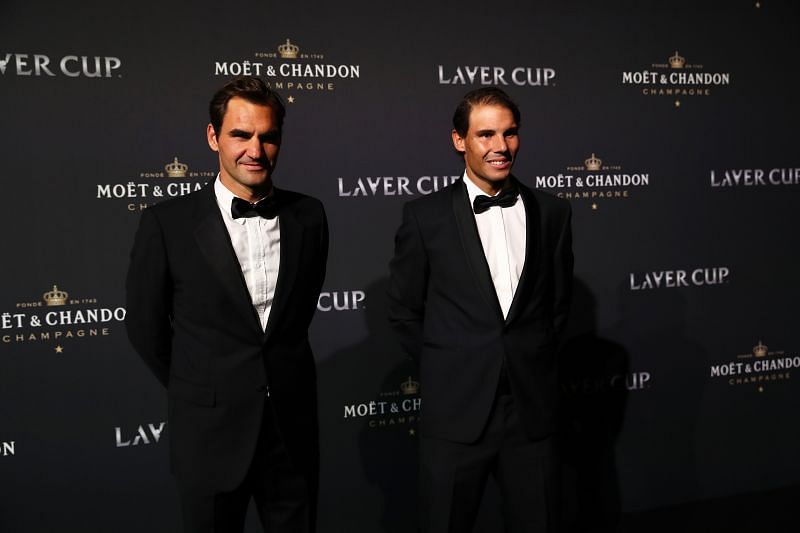
Ben Rothenberg: That's completely true. People have been saying that for a long time. I mean, it's rough for Djokovic. He was already in their shadow when he won his first Grand Slam Down Under in 2008. He's been around for a long time. But those two other guys have also still been around the whole time. That's very unusual for this era of sport, for the top players to remain unchanged for so long.
And maybe he just doesn't have...Every tennis player is unique and has a unique sort of appeal or aesthetic, or attraction, for their fandom. Maybe his, just for whatever reason, doesn't resonate as much.
Q. Let's talk about one of your favorite debates - best-of-three sets vs best-of-five. On the one hand, I feel if it's best-of-three, Roger Federer has another chance or two of winning a Slam. But on the flip side, if there's best-of-three in Slams, players outside the top 10 or top 20 would have a greater chance of winning. And that would kind of upset the hierarchy in tennis, don't you think?
Ben Rothenberg: I think best-of-three does increase the chances of players in the top 10 and top 20 to win Slams somewhat, but it more particularly increases their chances of winning individual matches. I think at the same time, if you look at like, during the peak of the Big 4 era, the top four were winning the Masters events with as much dominance as they were winning the Slams.
Actually in some windows, there were more upsets in Slams than in the Masters - like Del Potro winning one or Wawrinka winning one or Cilic winning one. I think in men's tennis, the elite tiers have been so clearly (ahead) that they would have had no trouble in the best-of-three format. And it wouldn't really have changed the history book significantly, I think.
Q. But let's say the French Open introduces the best-of-three format. Does that affect Rafael Nadal’s chances in the next year or two, with not just Dominic Thiem but also the likes of Stefanos Tsitsipas having a better shot at the title?
Ben Rothenberg: I don't know; that depends on how Rafael Nadal does, right? Maybe Nadal is in his 30s and doesn't want to play long matches anymore? I mean, it's also very rare for Nadal to lose two sets in a match; he didn't lose any this time.
Q. Moving on to the big story you've been covering lately; Alexander Zverev recently said, "Nowadays with the force of social media, you can assign anything to anyone...the more I talk, the bigger and longer the story would drag on." Do you think Zverev is keen on ending the story abruptly, as opposed to actively trying to prove his innocence through other means?
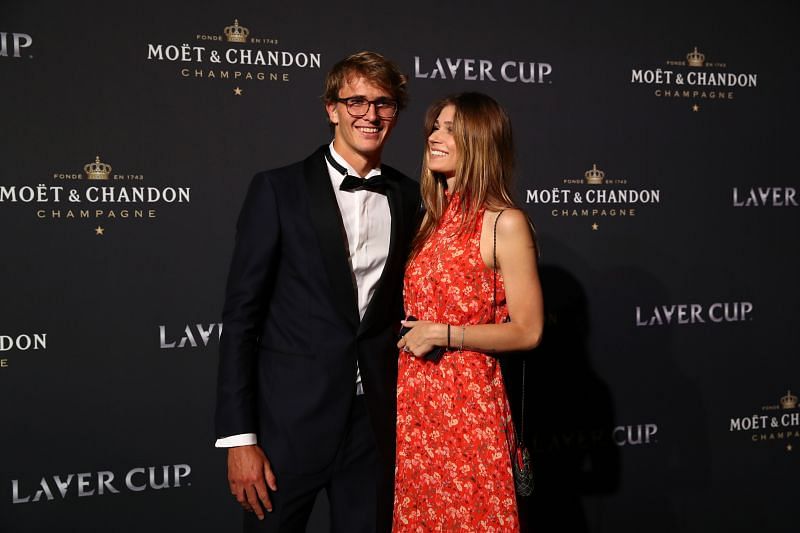
Ben Rothenberg: On a basic level, I don't think he wants to engage with this story. And also, you know, he hasn't engaged with any specifics of the allegations. All of his statements have been pretty blanket denials, and (he) hasn't gotten into anything specific of all the accounts.
I think he wants it to go away. I don't know (whether that will happen). Maybe it will, maybe it won't, we'll see. Depends. It's up to the fans and media to keep it being a discussion point.
Q. And you're one of the foremost people that most of us are hoping keeps this discussion alive for longer.
Ben Rothenberg: I would like to make an addition to that. I think that you know, one way that it could be formally sort of resolved would be some sort of investigation or something by ATP. Or I guess, in a different situation, the court of law that Olga repeatedly said she's not interested in pursuing. That seems unlikely.
But yeah, without that, it'll always be a bit of a cloud of varying levels of opacity hanging over Zverev.
Q. Is there more to Ms. Sharypova’s story, given that you tweeted a few days ago that you're going to publish a second piece on it? Is there new information, or is it elaboration on what we already know?
Ben Rothenberg: No, there is more to it. I can’t give you the details on this, but there is more to it. (At the time of writing, Ben Rothenberg appears to be done with the draft of this story).